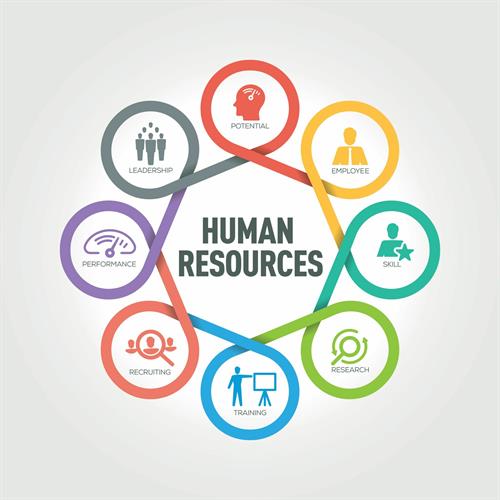Scope and Importance of Human Resource Management
Human Resource Management (HRM) is a crucial function within organizations that focuses on managing and optimizing the human capital to achieve organizational goals. The scope and importance of HRM are vast and multifaceted, encompassing various aspects such as recruitment, training, performance management, employee relations, and strategic planning.
Scope of Human Resource Management:
Recruitment and Selection:
HRM is responsible for attracting and selecting the right talent for the organization. This involves developing effective recruitment strategies, conducting interviews, and ensuring a smooth onboarding process.
Visit - HR Classes in Pune
Training and Development:
HRM plays a key role in identifying the training needs of employees and implementing programs to enhance their skills. Continuous learning and development contribute to employee growth and overall organizational success.
Performance Management:
HRM establishes performance appraisal systems to evaluate employee contributions and align individual goals with organizational objectives. This process helps identify high performers, address performance issues, and determine areas for improvement.
Employee Relations:
Maintaining healthy relationships between employees and the organization is a critical function of HRM. HR professionals handle conflicts, address grievances, and foster a positive work culture to enhance employee satisfaction and engagement.
Compensation and Benefits:
HRM designs and manages compensation structures, including salaries, bonuses, and benefits. Ensuring fair and competitive compensation is essential for attracting and retaining top talent.
Legal Compliance:
HRM ensures that the organization complies with labor laws and regulations. This involves keeping abreast of legal changes, implementing policies that adhere to the law, and handling issues such as labor disputes and workplace safety.
Strategic HR Planning:
HRM aligns its activities with the overall strategic goals of the organization. This involves forecasting future workforce needs, identifying skill gaps, and developing plans to ensure that the right talent is available when needed.
Employee Engagement:
Creating a positive work environment and promoting employee engagement is a critical aspect of HRM. This involves initiatives such as team-building activities, employee recognition programs, and fostering a culture of open communication.
Visit - HR Course in Pune
Importance of Human Resource Management:
Strategic Partner:
HRM acts as a strategic partner by aligning human capital strategies with organizational objectives. This ensures that the workforce contributes directly to the success and competitiveness of the business.
Talent Acquisition and Retention:
The ability to attract, hire, and retain top talent is essential for organizational success. HRM focuses on creating an employer brand, implementing effective recruitment strategies, and fostering a positive workplace to retain valuable employees.
Employee Development:
Investing in employee development leads to a skilled and adaptable workforce. HRM facilitates training programs, mentorship, and continuous learning opportunities, contributing to individual and organizational growth.
Performance Improvement:
HRM plays a crucial role in identifying performance gaps and implementing strategies to enhance individual and team productivity. This includes performance appraisals, feedback mechanisms, and performance improvement plans.
Employee Satisfaction and Well-being:
A satisfied and healthy workforce is more likely to be productive and committed. HRM focuses on creating a positive work culture, addressing employee concerns, and promoting work-life balance.
Compliance and Risk Management:
HRM ensures that the organization complies with labor laws and regulations, reducing the risk of legal issues. This includes managing diversity and inclusion, addressing workplace discrimination, and promoting ethical behavior.
Organizational Culture and Values:
HRM plays a key role in shaping and preserving the organizational culture. By promoting values, ethics, and a positive work environment, HR contributes to a cohesive and motivated workforce.
Adaptability and Change Management:
In a dynamic business environment, HRM helps organizations adapt to change. This involves managing transitions, addressing resistance to change, and fostering a culture of innovation and flexibility.
Visit - HR Training in Pune
In conclusion, the scope and importance of Human Resource Management extend across every aspect of an organization. From acquiring and retaining talent to fostering a positive workplace culture and ensuring legal compliance, HRM is integral to the success and sustainability of businesses in today's complex and dynamic environment. Recognizing the strategic value of human resources is essential for organizations aiming to thrive in the competitive global landscape.






